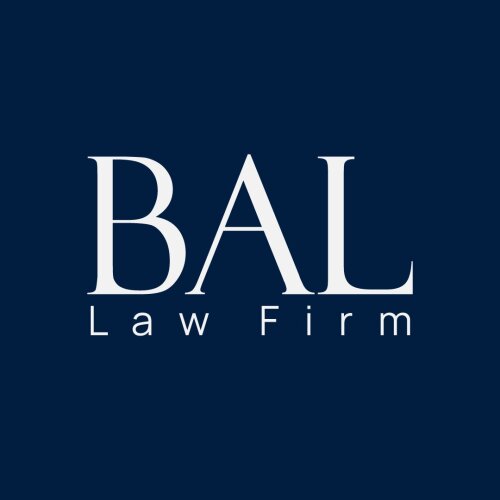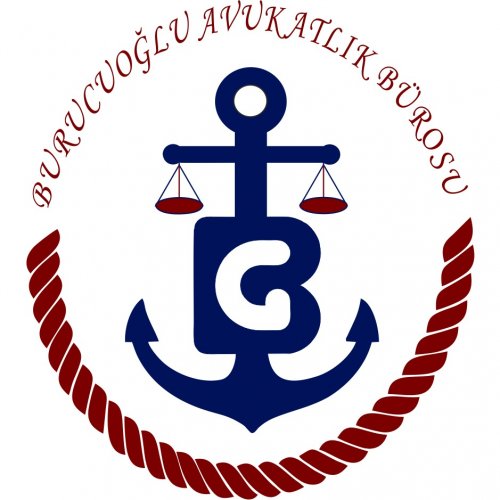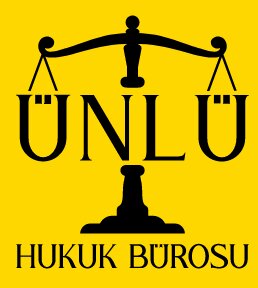Best Creditor Lawyers in Turkey
Share your needs with us, get contacted by law firms.
Free. Takes 2 min.
Or refine your search by selecting a city:
List of the best lawyers in Turkey
About Creditor Law in Turkey
Creditor law in Turkey is a complex branch of legal practice that deals with the rights and obligations of creditors. It encompasses various aspects of debt collection, enforcement of financial claims, bankruptcy proceedings, and the protection of creditor rights under Turkish law. This area of law ensures that creditors can recover their dues while maintaining a balance with the debtors' rights. Key legislation includes the Turkish Code of Obligations and the Execution and Bankruptcy Law, which provide the legal framework for creditor-debtor relationships.
Why You May Need a Lawyer
There are numerous situations where individuals or businesses may require legal assistance in creditor matters. You may need a lawyer if you are dealing with unpaid debts and need assistance in collecting them, if you are involved in bankruptcy proceedings either as a creditor or debtor, or if you need to navigate the complexities of enforcement proceedings. A lawyer can help you understand your rights, represent you in court, and ensure that all legal actions are compliant with Turkish laws, providing you the best chance of recovering your dues.
Local Laws Overview
Creditor law in Turkey is significantly influenced by the Turkish Code of Obligations, which outlines obligations and contracts, and the Enforcement and Bankruptcy Law, which focuses on procedures for debt collection and bankruptcy. The Istanbul Chamber of Commerce also plays a role in regulating business and commercial transactions. Key aspects that are relevant to creditors include the ability to initiate enforcement proceedings, attend conciliation meetings, participate in bankruptcy processes, and the prioritization of creditors’ claims. Furthermore, the recent amendments to create a more efficient legal framework are significant for timely debt recovery.
Frequently Asked Questions
What is the first step in debt collection in Turkey?
The first step usually involves sending a formal demand letter to the debtor, requesting payment. If this does not succeed, formal legal proceedings can be initiated through the execution courts.
What are my legal options if a debtor does not pay?
If debtors fail to pay, creditors can initiate execution proceedings, which may involve attaching the debtor's properties, garnishing wages, or filing a bankruptcy petition.
How does bankruptcy work from a creditor's perspective?
From a creditor’s perspective, bankruptcy allows them to pursue claims through the liquidation of the debtor's assets. Creditors have the opportunity to file claims and potentially receive a distribution from the bankruptcy estate.
Can I claim interest on unpaid debts?
Yes, under Turkish law, creditors may be entitled to claim interest on overdue debts. The interest rate may vary based on the contractual agreement or, in its absence, the legal interest rates apply.
What are secured and unsecured creditors?
Secured creditors have specific collateral backing their loans, giving them priority in debt recovery over unsecured creditors, who have no such security.
Can a lawyer help with debt negotiation in Turkey?
Yes, lawyers can play a crucial role in negotiating repayment plans or settlements with debtors, often reaching amicable solutions that avoid lengthy court proceedings.
What role does arbitration play in creditor disputes?
Arbitration can be a viable alternative to court litigation, providing a potentially faster and more cost-effective means of resolving creditor disputes under Turkish law.
Are there any time limitations for collecting debts?
Yes, creditors must be aware of the statute of limitations, which generally is ten years for commercial debts in Turkey, although this can vary depending on the specific nature of the debt.
How does one contest an enforcement proceeding?
Debtors can contest enforcement by filing an objection with the execution court within a specified time frame, usually within seven days of being notified of the execution proceedings.
What steps should I take if a debtor declares bankruptcy?
Creditors should promptly file their claims with the bankruptcy administration and participate in creditors’ meetings to ensure their interests are considered during the distribution of the bankruptcy estate.
Additional Resources
To further assist creditors, the following resources may be helpful:
- The Turkish Bar Association, which can provide guidance on finding a qualified lawyer.
- Local Chambers of Commerce, such as the Istanbul Chamber of Commerce, offer resources for financial disputes.
- The Ministry of Justice, which provides information on executing legal processes.
Next Steps
If you require legal assistance as a creditor in Turkey, consider following these steps: identify and document all relevant details about the debt, consult with a skilled attorney specializing in creditor law, and evaluate all available legal options. A lawyer can guide you through the legal processes and help devise effective strategies to safeguard your interests.
Lawzana helps you find the best lawyers and law firms in Turkey through a curated and pre-screened list of qualified legal professionals. Our platform offers rankings and detailed profiles of attorneys and law firms, allowing you to compare based on practice areas, including Creditor, experience, and client feedback.
Each profile includes a description of the firm's areas of practice, client reviews, team members and partners, year of establishment, spoken languages, office locations, contact information, social media presence, and any published articles or resources. Most firms on our platform speak English and are experienced in both local and international legal matters.
Get a quote from top-rated law firms in Turkey — quickly, securely, and without unnecessary hassle.
Disclaimer:
The information provided on this page is for general informational purposes only and does not constitute legal advice. While we strive to ensure the accuracy and relevance of the content, legal information may change over time, and interpretations of the law can vary. You should always consult with a qualified legal professional for advice specific to your situation.
We disclaim all liability for actions taken or not taken based on the content of this page. If you believe any information is incorrect or outdated, please contact us, and we will review and update it where appropriate.
Browse creditor law firms by city in Turkey
Refine your search by selecting a city.

















